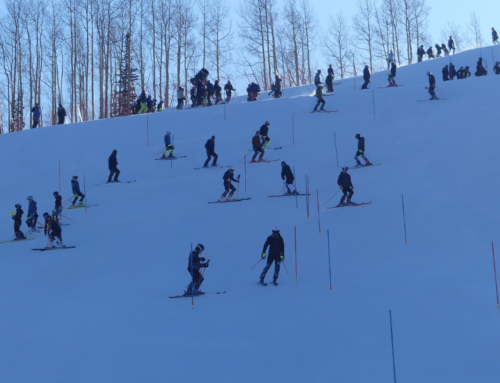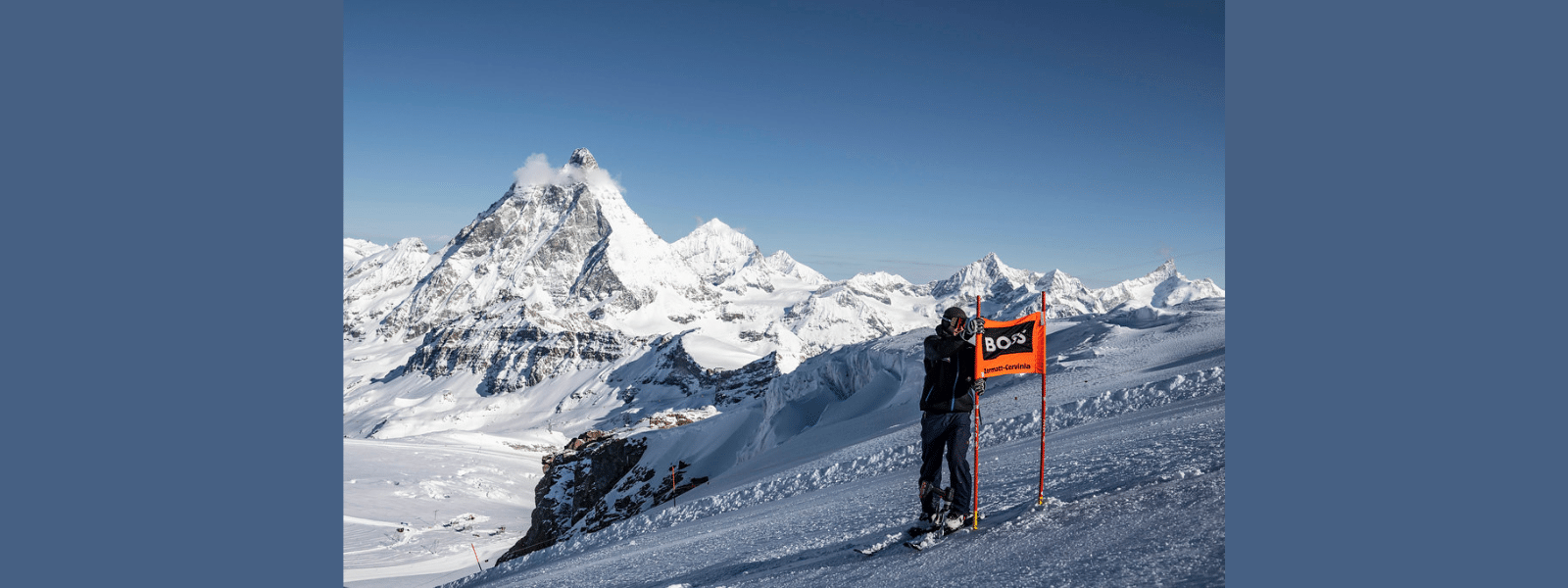TORINO: Still seeking answers, U.S. alpiners are 1-for-7 with 3 to go
TORINO: Still seeking answers, U.S. alpiners are 1-for-7 with 3 to go{mosimage}Lindsey Jacobellis reminded all the athletes that it ain’t over till it’s over, when she snatched silver from the hands of gold in the Olympic snowboardcross.
Still, after bold statements of ‘Best in the World’ and pronouncements of eight medals in the alpine events, with seven out of 10 events completed, the U.S. Ski Team only has one medal to show for it.
And the U.S. media, who love a goat, is having a field day. The lead for a story in the Los Angles Times reads, ‘Austria didn’t project a medal count for its alpine squad in these Olympics or get its top racers on the cover of Sports Illustrated. Austria let its skis do the talking.’
And a Reuter’s story expressed a similar sentiment. ‘Bode Miller, the most high-profile skier in the world, has been more successful at scurrying away from journalists than completing his races at the Winter Olympics.’
In answer to the most common question of the Games — What is wrong with the U.S. team — Jesse Hunt, U.S. alpine director, said, ‘We haven’t reached our goals. The team is in a different place, having had success and the expectations that come with it. But with new staff coming in (tech team) who have been training off-site, there is new enthusiasm and positive energy. They’re ready to go. We’ve been analyzing each race, and we’ve been in the majority of races — winning splits — but we’ve got to get it going this next week.’
Phil McNichol, the U.S. men’s alpine coach, is still in shock over the team’s inability to perform at these Games. McNichol told the Chicago Times that he needed time to “pull my stomach off the floor.”
He continued, “It’s clearly a disappointment for the guys, it’s clearly a disappointment for me … to bring a team of three, four guys with medal potential and fall on our face, and now I have to strengthen myself for the next six months of answering, ‘Why did you guys fail?’ “
The athletes must deal with the ‘what’s wrong’ question as well after each successive event that is completed without a member of the U.S. team on the podium. After her 11th-place finish in the women’s super G, Julia Mancuso explained, ‘In alpine racing, conditions change all the time and all you can do is do your best every time.’
Regarding the medal goal (eight), Mancuso said, ‘It’s a realistic goal; we’re capable of getting a medal in every event. The conditions just weren’t favoring certain individuals; it’s a tough sport.’
As if that explanation wasn’t good enough, Lindsey Kildow was asked the same question following her team-best seventh in SG. She responded, ‘I think we’re pretty competitive athletes, and we’re going to give it everything we have every day. We don’t have a medal yet, but you can’t count us out.’
The U.S. men are perhaps even more peppered with questions about their performance than the women, especially given the flood of prerace publicity about Miller and the high level of skiing Daron Rahlves brought into the Games. Miller hasn’t been talking to the press — period — but Rahlves has been forthcoming. Regarding his disappointment in failing to medal at these Games, Rahlves said, ‘I definitely wanted to walk away from here on top. I’m just a little bummed out. I came in here feeling good and it didn’t happen.’
Perhaps six-time Olympic medalist Janica Kostelic of Croatia had a point when she said, ‘Sometimes when you want something too much, it will never come.’





















